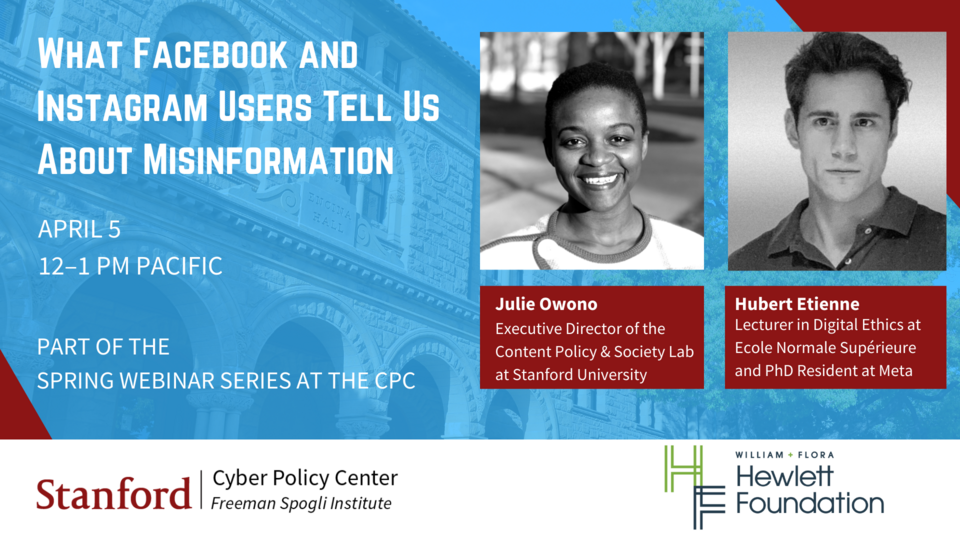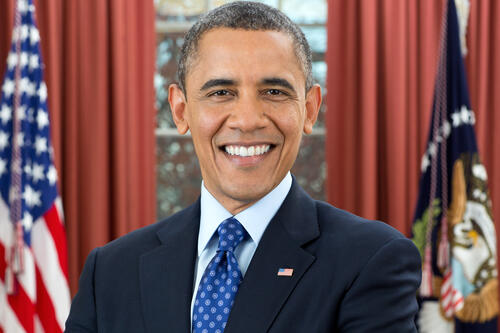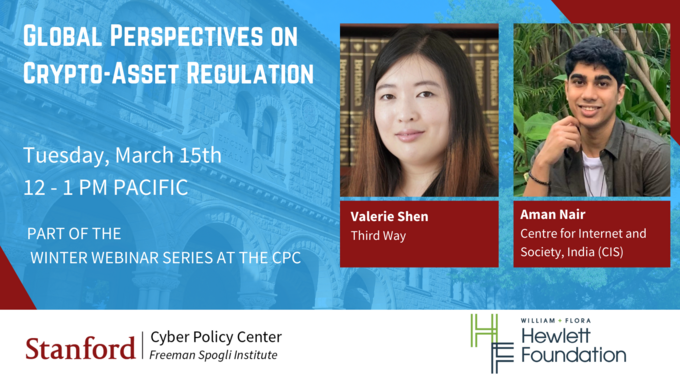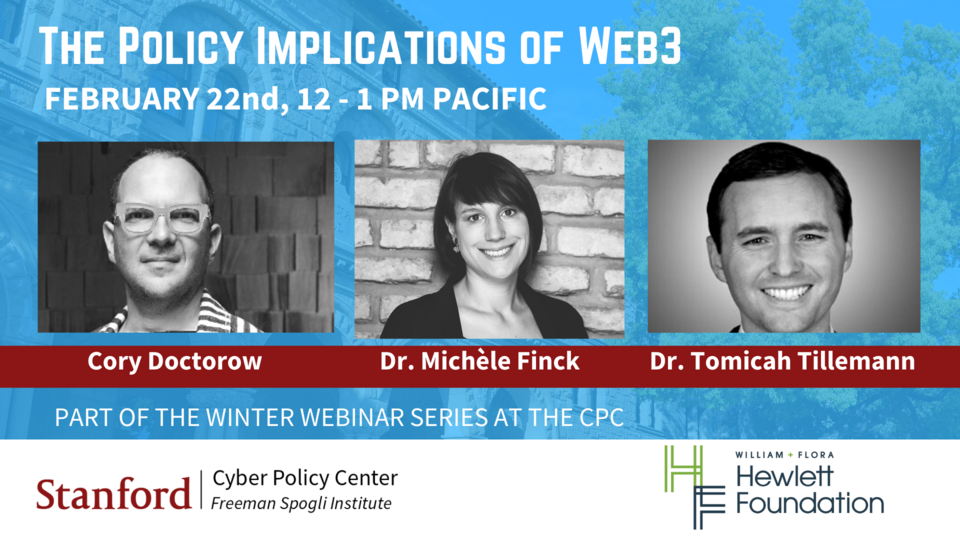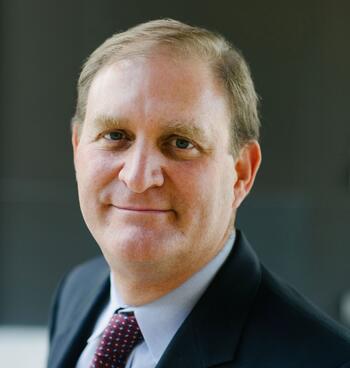The Loop: How Technology is Creating a World without Choices and How to Fight Back

Join us on Tuesday, April 19 from 12 PM - 1 PM PT for a book talk on “The Loop: How Technology is Creating a World without Choices and How to Fight Back” featuring Jacob Ward from NBC News, in conversation with Nate Persily of the Cyber Policy Center. This weekly seminar series is jointly organized by the Cyber Policy Center’s Program on Democracy and the Internet and the Hewlett Foundation’s Cyber Initiative.
In The Loop: How Technology is Creating a World without Choices and How to Fight Back, Jake argues that AI is about to do to our ability to make decisions for ourselves what Google maps did to our ability to navigate. Drawing on interviews with over 100 scientists and 10-years of front-line reporting from the cutting edge of behavior-shaping technology, Jake’s book is a warning about our growing reliance on AI, and an encouragement to protect the best parts of being human.
Jacob Ward is a correspondent for NBC News, reporting for the TODAY show, Nightly News, MSNBC, and NBC News Now on the unanticipated consequences of science and technology in our lives. From 2018 to 2019, Jacob was a fellow at Stanford University’s Center for Advanced Study in the Behavioral Sciences, along with its partner the Berggruen Institute, which gave him space and companionship on the Stanford campus to write The Loop, his book about the effects of artificial intelligence on human decision making, with Hachette Book Group. Between 2016 and 2020, Jacob hosted a landmark four-hour television series on the science and implications of bias. Prior to that, he was a television correspondent for Al Jazeera, covering science and technology in the US and around the world. He was also editor-in-chief of Popular Science, the world’s largest science and technology publication.
Nathaniel Persily is the James B. McClatchy Professor of Law at Stanford Law School, with appointments in the departments of Political Science, Communication, and FSI. Prior to joining Stanford, Professor Persily taught at Columbia and the University of Pennsylvania Law School, and as a visiting professor at Harvard, NYU, Princeton, the University of Amsterdam, and the University of Melbourne. Professor Persily’s scholarship and legal practice focus on American election law or what is sometimes called the “law of democracy,” which addresses issues such as voting rights, political parties, campaign finance, redistricting, and election administration. He has served as a special master or court-appointed expert to craft congressional or legislative districting plans for Georgia, Maryland, Connecticut, New York, North Carolina, and Pennsylvania. He also served as the Senior Research Director for the Presidential Commission on Election Administration. His current work, for which he has been honored as a Guggenheim Fellow, Andrew Carnegie Fellow, and a Fellow at the Center for Advanced Study in the Behavioral Sciences, examines the impact of changing technology on political communication, campaigns, and election administration. He is codirector of the Stanford Cyber Policy Center, Stanford Program on Democracy and the Internet, and the Stanford-MIT Healthy Elections Project, which supported local election officials in taking the necessary steps during the COVID-19 pandemic to provide safe voting options for the 2020 election. He is also a member of the American Academy of Arts and Sciences, and a commissioner on the Kofi Annan Commission on Elections and Democracy in the Digital Age.

 FSI researchers strive to understand how countries relate to one another, and what policies are needed to achieve global stability and prosperity. International relations experts focus on the challenging U.S.-Russian relationship, the alliance between the U.S. and Japan and the limitations of America’s counterinsurgency strategy in Afghanistan.
FSI researchers strive to understand how countries relate to one another, and what policies are needed to achieve global stability and prosperity. International relations experts focus on the challenging U.S.-Russian relationship, the alliance between the U.S. and Japan and the limitations of America’s counterinsurgency strategy in Afghanistan.
